Vietnam is an attractive destination for international investors, but there are still many problems in the fields of land, construction, tax, customs and administrative procedures. To maintain and promote foreign capital flows, there must be breakthrough solutions and appropriate strategies to improve the investment environment and create favorable conditions for foreign investors.
IPOs plummet
On the morning of March 28, the Ministry of Finance held a conference on "Investment funds and foreign investment in the new era of Vietnam's development" in Ho Chi Minh City. Minister of Finance Nguyen Van Thang said that in 2024, the total capital mobilized from the capital market will reach nearly VND930,000 billion, an increase of 30% compared to 2023, accounting for about 25% of the total social investment capital.
Realized foreign direct investment (FDI) reached 25.4 billion USD, up 9.4% over the previous year, reaching the highest level ever. These positive results contributed to GDP growth of 7.09%, bringing the size of Vietnam's economy to 476.3 billion USD, ranking 33rd in the world.
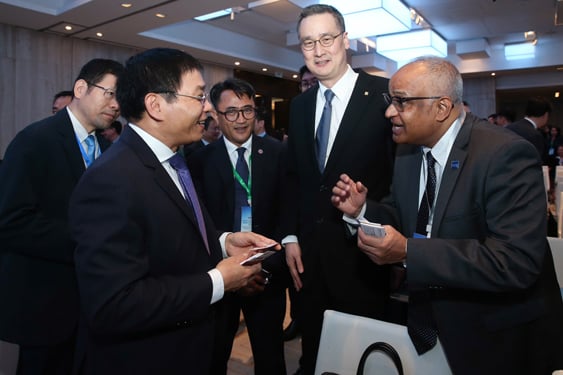
Businesses propose solutions to make foreign capital flow into Vietnam stronger. Photo: HOANG TRIEU
However, Minister Nguyen Van Thang also admitted that the Vietnamese stock market still faces many challenges. The number of investors is constantly increasing, but foreign investors' trading accounts only account for 0.5% of the total number of accounts. The operation of the securities investment fund system is not really commensurate with its development potential.
Mr. Don Lam, General Director of VinaCapital Group, said that the scale of the fund management industry in Vietnam is still modest, with low penetration when only 7% of the population has a securities trading account, most of whom are individual investors.
Notably, the participation of foreign investors in the market is still quite limited. Since 2019, the scale of initial public offerings (IPOs) has fluctuated between 15 and 70 million USD per year, while previously, the total annual IPO value reached from 500 million USD to 2.6 billion USD.
Mr. Shantanu Chakraborty, ADB Country Director for Vietnam, commented that Vietnam's economy is too dependent on bank credit, while other capital mobilization channels have not yet exploited their full potential.
Mr. Seck Yee Chung, Vice President of the Singapore Business Association in Vietnam, pointed out the limitations in infrastructure, cumbersome administrative procedures, lack of legal transparency and fierce competition in the region. These are major barriers that make foreign capital flows into Vietnam unsustainable.
Need for policy transparency
To attract more foreign capital, Vietnam needs to implement synchronous solutions to improve the investment environment. Mr. Jeong Ji-Hoon, Vice President of the Korean Business Association in Vietnam, said that Korea still maintains its position as the number one investor in Vietnam with more than 10,000 projects and a total capital of 91 billion USD. However, to increase its attractiveness, Vietnam needs to be more transparent in tax policies, unify implementation among localities and promote digitalization of administrative procedures to shorten the time for processing documents.
Mr. Don Lam suggested that Vietnam needs to improve its market management capacity and transparency to strengthen investor confidence. He emphasized the importance of strengthening supervision and requiring credit ratings for corporate bonds, using artificial intelligence (AI) and big data to detect unusual transactions and stock price manipulation.
In addition, it is necessary to change tax policies to encourage investment in funds such as tax exemption for investors, removing the 10% allocation limit for privately issued bonds in open-end bond funds.
Change your investment habits
Ms. Vu Thi Chan Phuong, Chairwoman of the State Securities Commission (SSC), said that the SSC is developing an Investor Training Project, aiming to change habits from speculation to long-term and stable investment through professional investment funds.
At the same time, the State Securities Commission is also implementing solutions to diversify the supply sources for funds, encourage enterprises to equitize, list and bring new quality products to the market. The solution of linking IPO with listing has been added to the draft Decree 155 submitted to the Government, building a mechanism for issuing bonds for public-private partnership (PPP) projects.
Ms. Chen Ding, General Director of CSOP Fund Management Company (Hong Kong, China), said that in the past 3 years, Hong Kong has mobilized 17 billion USD through real estate investment trusts (REITs), 70 billion USD through private equity funds (PE) and tens of billions of USD from pension funds and green funds. He suggested that Vietnam can learn from this model and build a favorable legal framework to attract capital into strategic projects such as renewable energy, transportation and smart cities.
Mr. Minh Do, Country Director of Warburg Pincus, said that Vietnam should increase the foreign ownership limit in the banking sector from 30% to 50%, equivalent to the aviation industry. This will create a turning point in attracting strategic and financial investors. At the same time, it is necessary to loosen the IPO conditions for technology and fintech companies - a group of enterprises with high growth potential but often make losses in the early stages.
Source: https://nld.com.vn/hut-von-ngoai-trong-ky-nguyen-moi-196250328211529093.htm






![[Photo] Visiting Cu Chi Tunnels - a heroic underground feat](https://vstatic.vietnam.vn/vietnam/resource/IMAGE/2025/4/8/06cb489403514b878768dd7262daba0b)


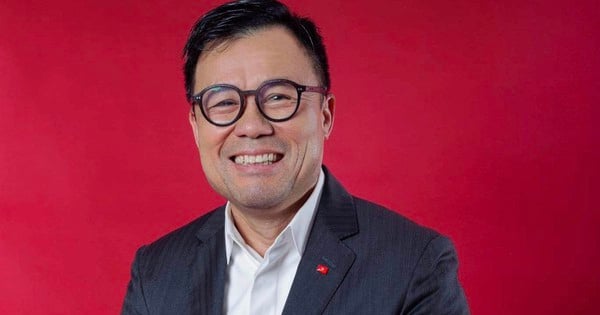



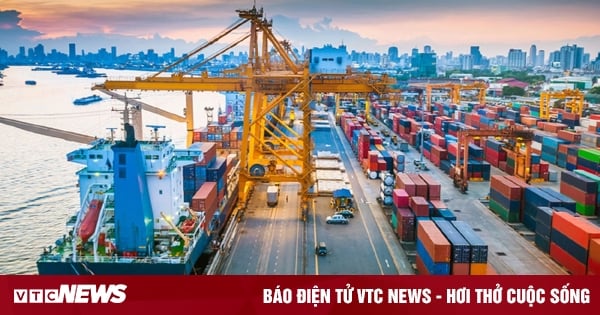









































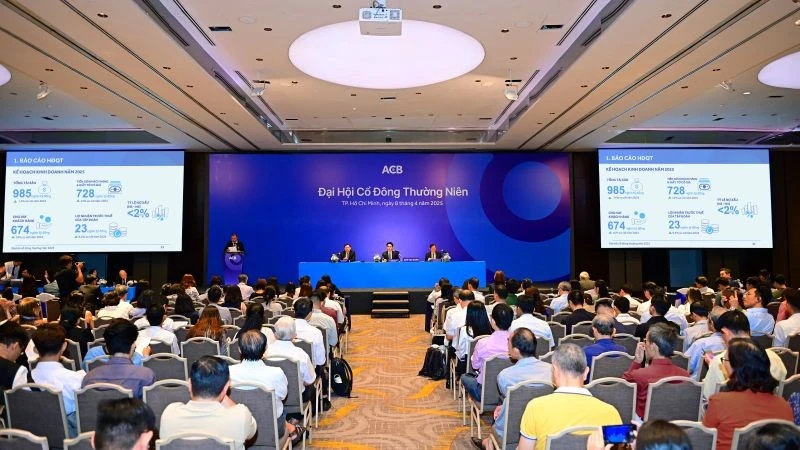
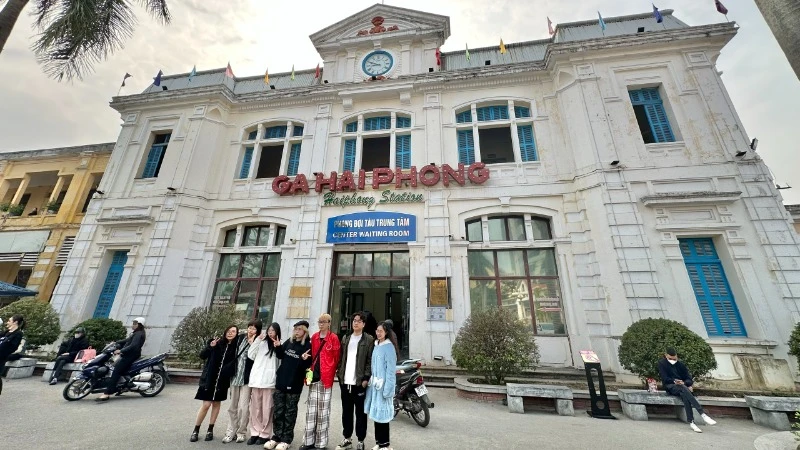
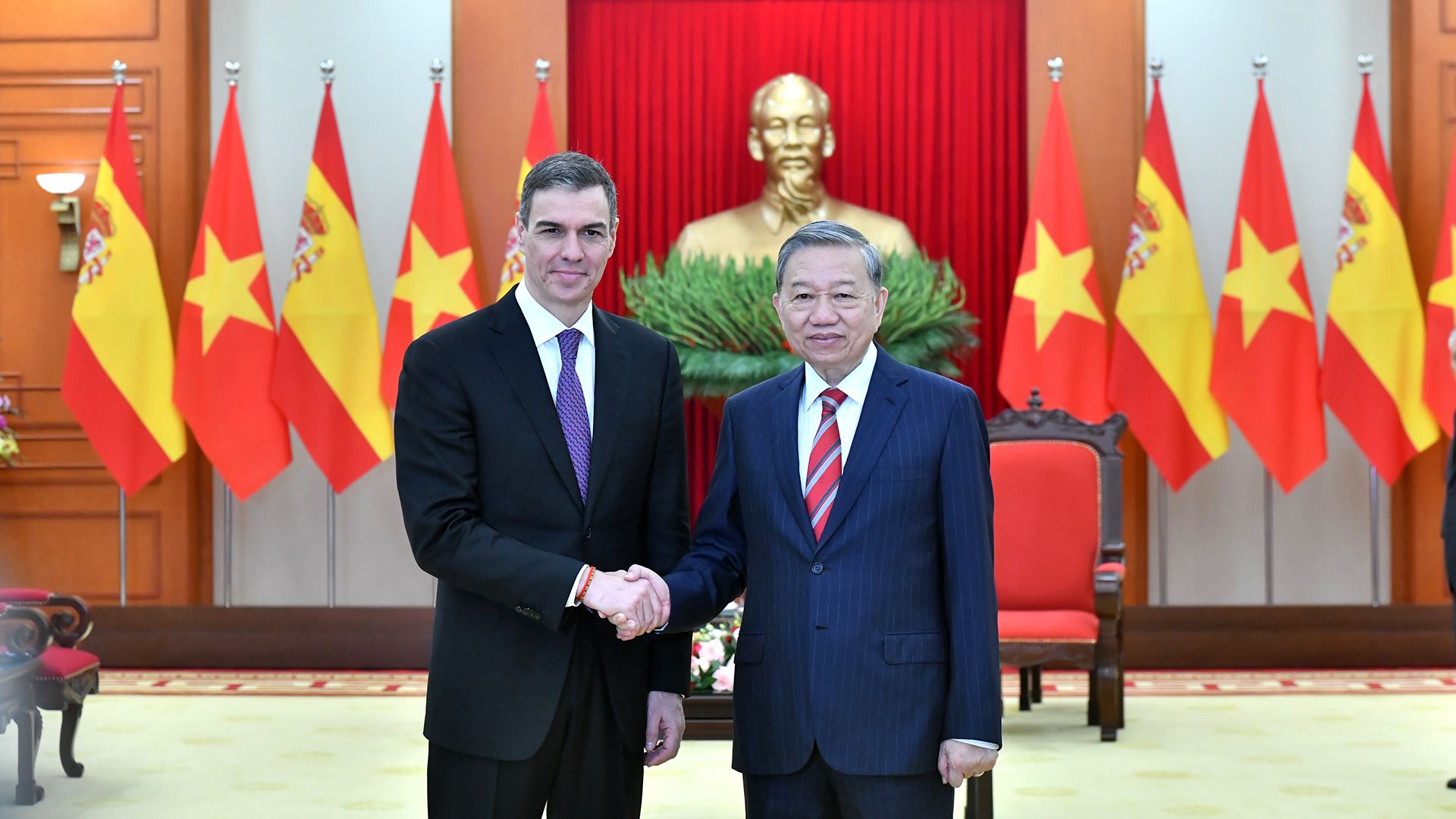

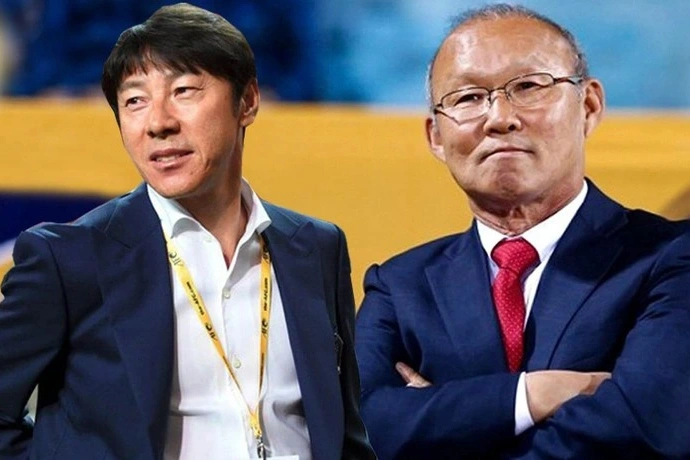


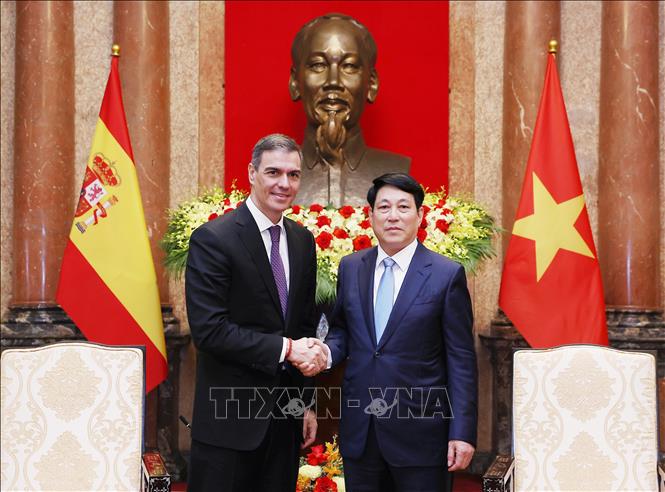
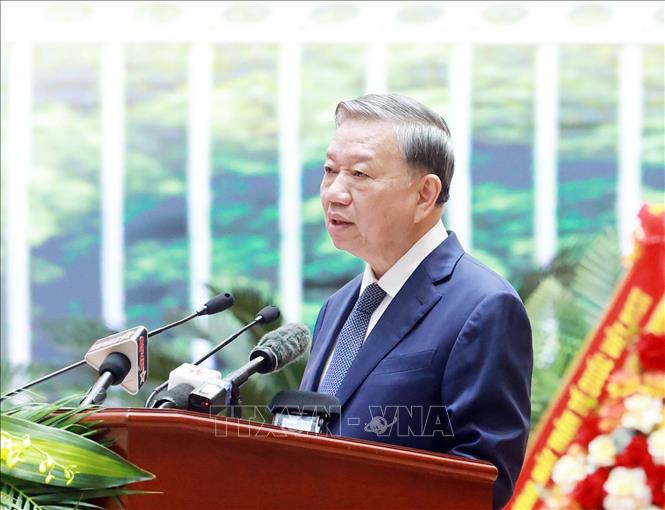








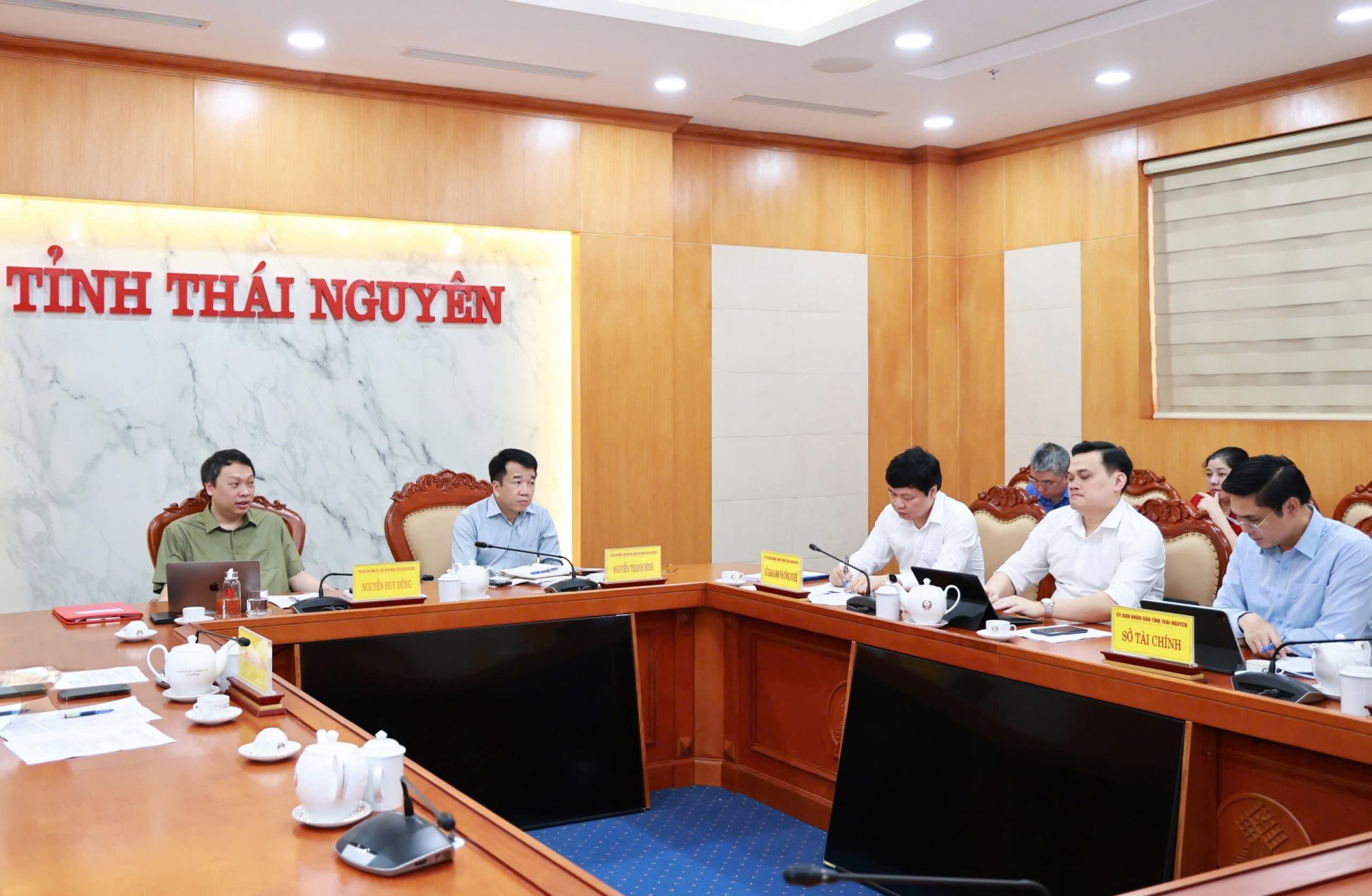
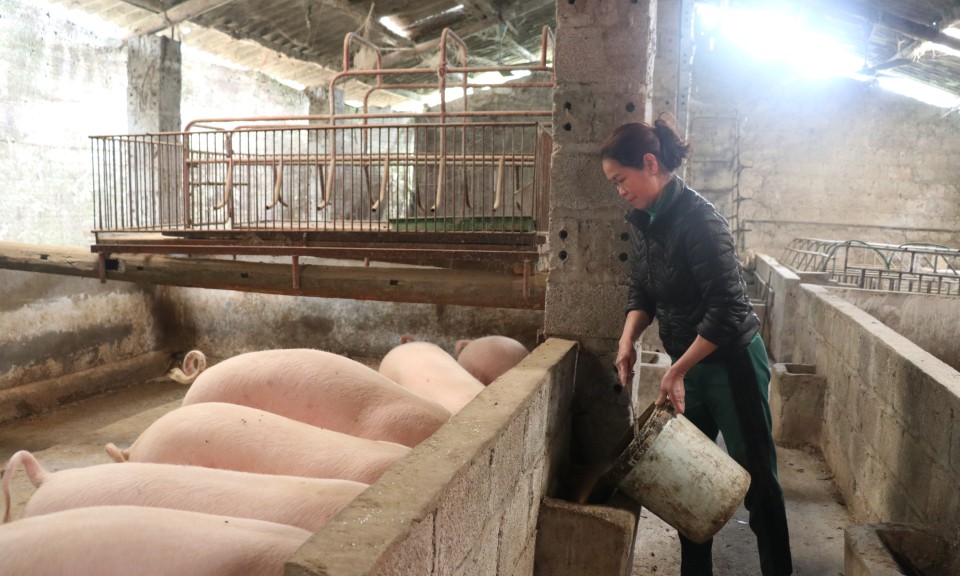

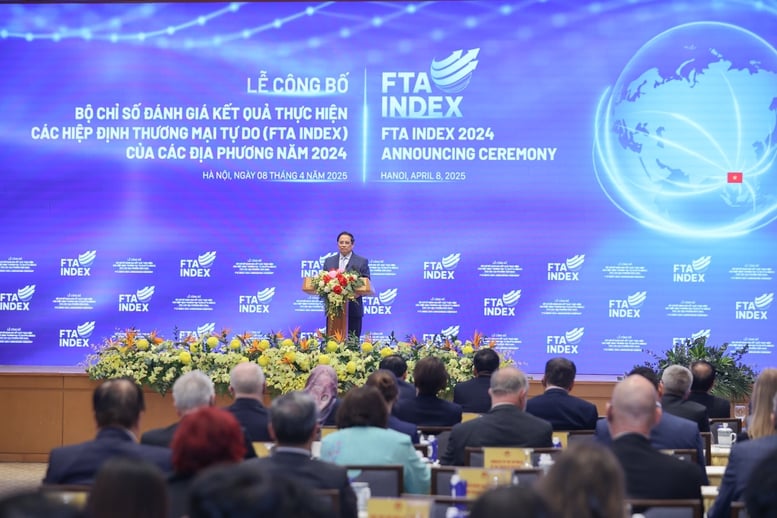












Comment (0)